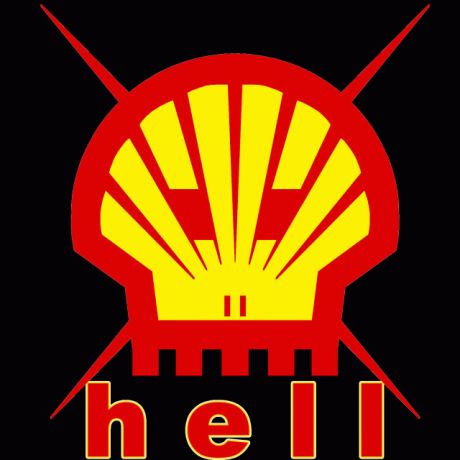Shell's at sea without a paddle, courtesy of the Russians
 galway |
rights, freedoms and repression |
other press
galway |
rights, freedoms and repression |
other press  Tuesday December 12, 2006 18:45
Tuesday December 12, 2006 18:45 by Dunlo - Shell to Sea
by Dunlo - Shell to Sea
One third of western Europe's natural gas is supplied by Russia
Today's Guardian is reporting that "Shell is being forced by the Russian government to hand over its controlling stake in the world's biggest liquefied gas project ... After months of relentless pressure from Moscow, the Anglo-Dutch company has to cut its stake in the $20bn Sakhalin-2 scheme in the far east of Russia in favour of the state-owned energy group Gazprom".
Shell confirmed last night that its chief executive, Jeroen van der Veer, met Gazprom's chairman, Alexei Miller, in Moscow last Friday but would say only that the talks on Sakhalin-2 were "constructive". The Russian company said that "Shell did indeed make several proposals concerning Sakhalin-2" at the meeting which came after Shell was threatened with having its operating licence withdrawn.Some senior politicians in Moscow are of the opinion that Shell was being harassed into reducing its 55% stake in Sakhalin-2 to something close to 25% through relentless pressure from minist
The Sakhalin-2 project is scheduled to start operations in 2008 and involves finding and producing oil and gas near Sakhalin island, formerly known only as a penal colony during the tsarist and Soviet eras.
The two fields that make up Sakhalin-2 have an estimated 1.2bn barrels of oil and 500bn cubic metres of natural gas. The gas is to be brought ashore, liquefied and frozen before being shipped to customers in Japan and elsewhere.
The scheme created almost immediate controversy with western conservation groups because it involves putting equipment close to breeding grounds of endangered western grey whales. There has also been criticism that sensitive salmon fishing areas are being hit by dumping of dredging spoil waste amid worries about oil spills from platforms in the Okhotsk and Japanese seas (full report on Guardian)
